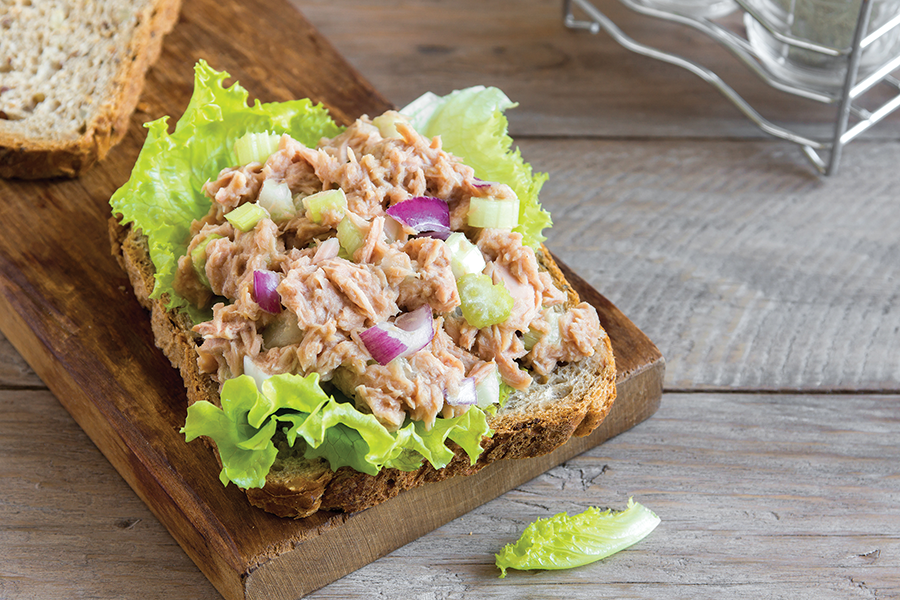WHAT IS A “DETOX” OR “CLEANSE” DIET?
“Detoxification” or “detox” regimens, also called “cleanses” or “flushes,” have been suggested as a means of removing toxins from your body and/or losing weight. During a cleanse, solid foods are often replaced with liquids such as water with lemon, maple syrup, and cayenne pepper; green tea; or freshly squeezed fruit and vegetable juices. Other methods of “cleansing” involve eating a very restricted selection of foods; using various dietary supplements or other commercial products that claim to cleanse the body of toxins; cleansing the colon (lower intestinal tract) with enemas, laxatives, or colon hydrotherapy (also called “colonic irrigation” or “colonics”); or a combination of any of these methods. Cleanses can last from a day to a month.
DO CLEANSES WORK?
The theory is that eliminating solid foods or specific food groups removes toxins from your body as well as gives your digestive system a break, allowing it to heal and better absorb nutrients in the future. Other arguable benefits of a cleanse are improved energy, weight loss, relief from constipation, identification of food sensitivities, and improvement in symptoms of headache, muscle ache, and/ or fatigue.
There is no strong evidence that detox/cleansing programs actually remove toxins from the body or improve digestive tract healing. It’s important to remember that our bodies already know how to remove toxins. The human digestive tract, liver, kidneys, and skin are responsible for breaking down toxins for elimination through urine, stool, or sweat.
Eating a healthy diet is more beneficial to the body. The fiber found in plant-based foods such as fruits and vegetables slows digestion, helps with nutrient absorption, and removes toxins via stool. The digestive tract uses probiotics (healthy bacteria) from fiber to nourish the intestines and maintain immune health.
WHAT ARE THE PROS OF A CLEANSE?
Depending on the regimen being followed, a cleanse can allow for increased intake of vitamins and minerals, either naturally from juiced fruits and veggies or supplemented from drinks. A cleanse can also help identify food sensitivities by eliminating certain foods for several days, then gradually reintroducing potential trigger foods. Additionally, cleanses are typically very low in calories, which can result in temporary weight loss.
WHAT ARE THE CONS OF A CLEANSE?
Because cleanses tend to be very low in calories and protein, some might experience reduced energy and a disruption in metabolic rate and blood glucose levels. Some individuals might also experience gastrointestinal distress and frequent bowel movements, which can lead to dehydration and electrolyte imbalances. Potential somatic symptoms like headaches, fainting, weakness, and hunger pangs might also occur in sensitive individuals.
ARE THERE OTHER CONCERNS REGARDING CLEANSES/ DETOXES?
The United States Food and Drug Administration (FDA) and Federal Trade Commission have taken action against several companies selling detox/cleansing products because they contained illegal, potentially harmful ingredients; were marketed using false claims that they could treat serious diseases; or (in the case of medical devices used for colon cleansing) were marketed for unapproved uses. Some detox products might contain juices that haven’t been pasteurized or treated in other ways to kill harmful bacteria can make people sick. Additionally, drinking large quantities of juice can be risky for people with kidney disease because some juices are high in oxalate, which can worsen kidney problems. And finally, colon cleansing procedures might have side effects, some of which can be serious (harmful effects are more likely in people with a history of gastrointestinal disease, colon surgery, kidney disease, or heart disease).
TAKE-AWAY POINTS:
• There is no strong evidence that supports the theory that a detox/cleanse diet actually removes toxins from the body.
• A cleanse regimen might result in temporary weight loss.
• A cleanse regimen that involves eating a very restricted diet and gradually adding different types of food back into the diet might help an individual identify food allergies/sensitivities.
• Purchasing special juices or other food products marketed specifically for detoxification seems an unnecessary expense.
• Detox products, including their ingredients, sources of ingredients, and reputations of the manufacturers, and should be carefully considered before purchase and consumption. Discuss the ingredients with your physician. Check the FDA website for a list of blacklisted companies.
- People with diabetes, kidney disease, gastrointestinal disease, heart disease, who are pregnant/ nursing, or who are very young or very old should consult with their physicians before attempting a cleanse regimen.
ADAPTED FROM:
- National Center for Complementary
and Integrative Health. “Detoxes” and “cleanses.” United States National Institutes of Health. U.S. Department
of Health and Human Services site. 27 Sep 2017. https://nccih.nih.gov/health/ detoxes-cleanses. Accessed 5 May 2018 - Patton K. Are you planning a cleanse or detox? Find out what’s true about these regimens. Cleveland Clinic site. 30 Oct 2014. https://health.clevelandclinic.org/ are-you-planning-a-cleanse-or-detox- read-this-first/. Accessed 5 May 2018.
OTHER RESOURCES:
- United States Food and Drug Administration. Toxin discharged tea contains hidden drug ingredient. U.S. Department of Health and Human Services site. 17 June 2014. https:// www.fda.gov/Drugs/ResourcesForYou/ Consumers/BuyingUsingMedicineSafely/ MedicationHealthFraud/ucm401531.htm. Accessed 5 May 2018.
- United States Food and Drug Administration. At FTC’s request, judge imposes ban on marketers of detox
foot pads. U.S. Department of Health
and Human Services site. 4 Nov 2010. https://www.ftc.gov/news-events/press- releases/2010/11/ftcs-request-judge- imposes-ban-marketers-detox-foot-pads. Accessed 5 May 2018. - United States Food and Drug Administration. Marketers of 7 Day Miracle Cleanse Program banned from infomercials. U.S. Department of Health and Human Services site. 27 Feb 2008. https://www.ftc.gov/news-events/ press-releases/2008/02/marketers-7- day-miracle-cleanse-program-banned- infomercials. Accessed 5 May 2018.





